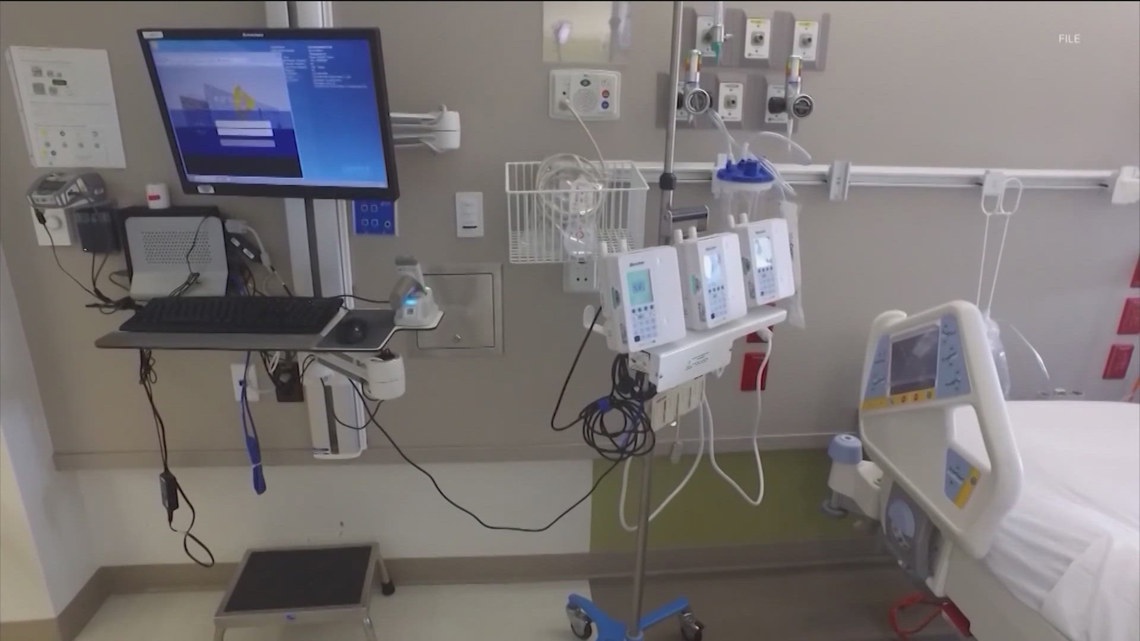
The change, which is set to take effect on Jan. 1, will impact transgender students who use the university’s clinic for accessible and affordable care.
AUSTIN, Texas — The University of Texas at Austin has announced that it will discontinue hormone replacement therapy (HRT) services at its campus health clinic, a decision that has prompted concern among students and health advocates.
The change, which is set to take effect on Jan. 1, will impact transgender students who use the clinic for accessible and affordable care.
Beau Seibel, a junior at UT, has received HRT through the university’s health services for the past three years. He described the clinic’s support as life-changing and expressed uncertainty about what the future holds.
“It’s kind of like not knowing where your next paycheck is going to come from, or like your next meal,” Seibel said. “It’s like, I’m not sure where my next treatment is going to come from.”
A spokesperson for UT provided KVUE with the follow statement:
“The University will no longer offer hormone therapy as part of the gender care scope of services provided through University Health Services’ campus clinic. This type or treatment is available through external health care providers offering a more comprehensive spectrum of focused care than a campus clinic. To ensure continuity of care, UHS notified current patients that this line of treatment will wind down this fall as patients transition their care to other providers.”
Still, students said finding new providers is proving to be difficult. Seibel noted that many clinics have long waitlists, with some stretching to nearly six months before new patients can be seen.
“People being without their hormone replacement therapy for six months definitely has a negative impact on them. Because, I mean, that’s a lot of progress. It’s a progress based treatment,” Seibel said. “So it’s kind of like going back.”
Joe Anderson Jr., the Director of Community Engagement at Texas Health Action, echoed this same concern. He explained that the Kind Clinic is also experiencing high demand for LGBTQ+ health services.
“As more clinics are forced to reduce or restrict the services they provide, the people that are providing gender affirming care, or HRT … it’s an increase in demand,” Anderson said. “And we only have so many opportunities to meet that demand.”
As they aim to reduce their wait times, Anderson said Kind Clinic is working with local institutions to help connect students to the proper resources. He encourages students to seek support within their communities during this time of transition.
“I think it’s important to find our tribe and to lean on community right now,” Anderson said. “There’s so much that’s going on in the world. We have to lean on our support systems.”
